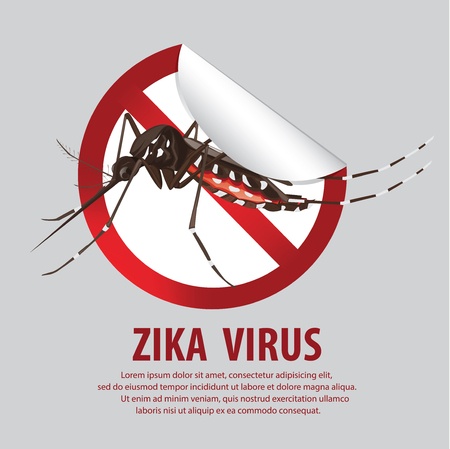 As concerns about the Zika virus continue to grow in Texas and throughout the US, health officials are working to learn more about the virus, how it is spread and the dangers it presents. Only 20 percent of those infected with the Zika virus experience symptoms. When symptoms are present they include fever, mild joint pain, rash and/or conjunctivitis (pink eye), lasting up to one week or less.
As concerns about the Zika virus continue to grow in Texas and throughout the US, health officials are working to learn more about the virus, how it is spread and the dangers it presents. Only 20 percent of those infected with the Zika virus experience symptoms. When symptoms are present they include fever, mild joint pain, rash and/or conjunctivitis (pink eye), lasting up to one week or less.However, the virus does appear to be passed from mother to fetus. In Brazil, Zika has been linked to a sharp rise in the number of cases of microcephaly, a serious birth defect in which babies are born with abnormally small heads and developmental issues. This has lead to warnings for pregnant women to avoid travel to areas with known Zika outbreaks.
Although the virus is mainly spread through Aedes mosquito bites, more than a dozen cases of Zika in the US appear likely to have occurred through sexual contact. So far, all sexually transmitted cases of Zika have been from men to women, prompting obstetricians to recommend pregnant women with partners who have traveled to Zika affected countries practice safe sex or abstain from sex throughout the remainder of their pregnancies.
In each of the Zika cases thought to have spread through sexual contact, the men had Zika symptoms. We know the virus can remain in semen longer than in blood, making it possible for Zika to be spread before, during and after the presence of symptoms.
What is not yet clear is exactly how long the virus can remain in semen, or if Zika is present in the semen of infected men who never develop symptoms. It is also unknown whether a woman can transmit Zika to her sexual partners, or if the virus can be spread through oral sex.
If you are a woman trying to get pregnant and have a male sex partner who resides in, or has traveled to, an area with Zika, talk to your OBGYN about your partner’s travel history, whether or not he used insect repellents, and if the two of you had unprotected sex.
There is no vaccine to prevent Zika, but a blood test can determine whether or not you have the infection. There are tests to detect the Zika virus in semen, but they are not widely available, and testing is not recommended, since there is no clear understanding of how to interpret the results.
While officials from the World Health Organization admit that sexual transmission of the virus is more common than first assumed, practicing safe sex alone is not enough to stop the spread of the virus. The best defense against Zika remains controlling the mosquito population and protecting against mosquito bites.





